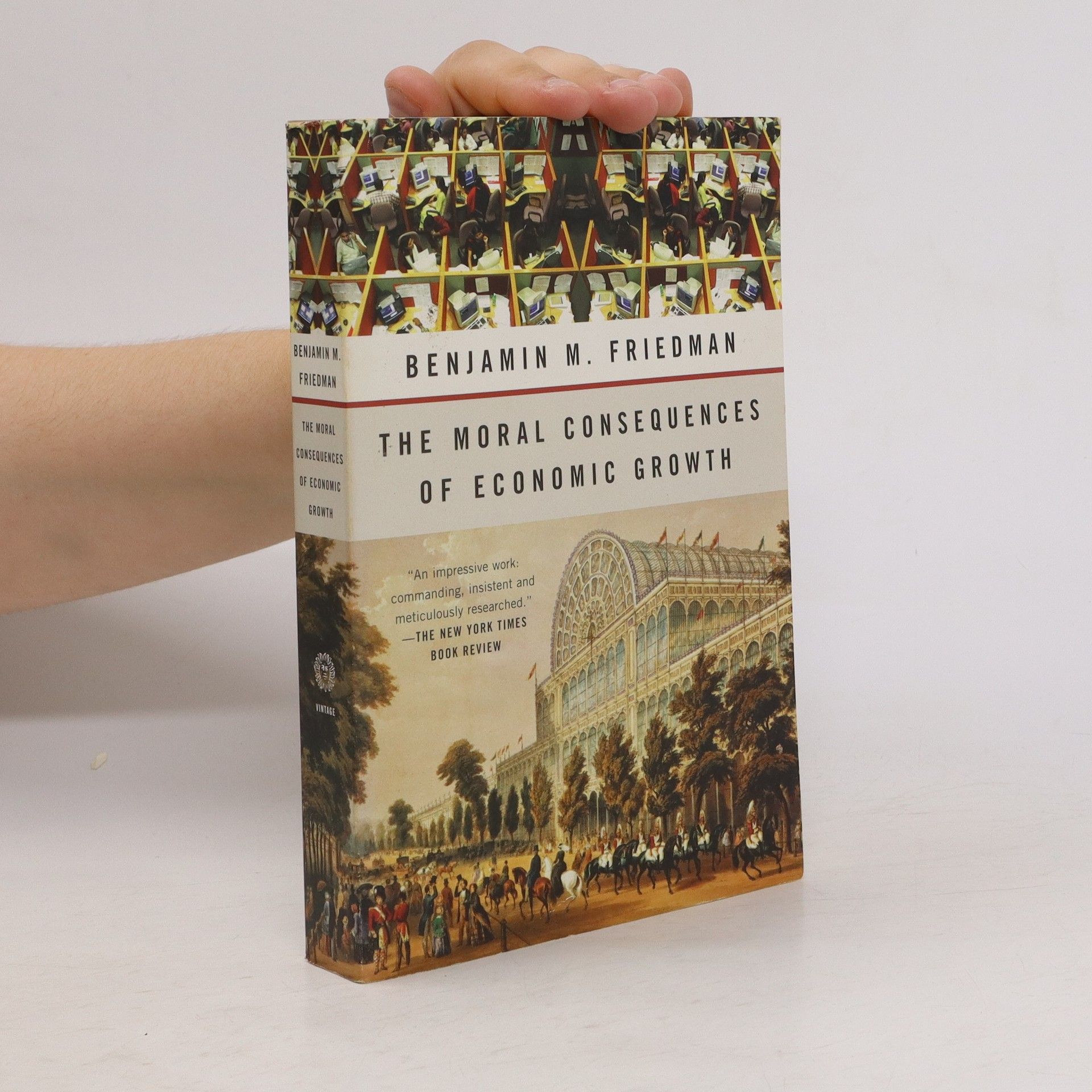From the author of Day of Reckoning , the acclaimed critique of Ronald Reagan’s economic policy (“Every citizen should read it,” said The New York Times ): a persuasive, wide-ranging argument that economic growth provides far more than material benefits.In clear-cut prose, Benjamin M. Friedman examines the political and social histories of the large Western democracies–particularly of the United States since the Civil War–to demonstrate the fact that incomes on the rise lead to more open and democratic societies. He explains that growth, rather than simply a high standard of living, is key to effecting political and social liberalization in the third world, and shows that even the wealthiest of nations puts its democratic values at risk when income levels stand still. Merely being rich is no protection against a turn toward rigidity and intolerance when a country’s citizens lose the sense that they are getting ahead.With concrete policy suggestions for pursuing growth at home and promoting worldwide economic expansion, this volume is a major contribution to the ongoing debate about the effects of economic growth and globalization.
Benjamin M. Friedman Libros
Benjamin Morton Friedman es un destacado economista político estadounidense que explora en profundidad la intrincada relación entre las condiciones económicas y los resultados sociales. Su obra examina meticulosamente cómo las fuerzas económicas dan forma a los paisajes políticos y sociales, y la influencia recíproca de la sociedad en las tendencias económicas. El enfoque de Friedman se caracteriza por su rigor analítico y una aguda conciencia del contexto histórico, ofreciendo a los lectores profundas perspectivas sobre fenómenos económicos complejos. Sus contribuciones brindan valiosas perspectivas para navegar los desafíos contemporáneos.



Religion and the Rise of Capitalism
- 560 páginas
- 20 horas de lectura
The author demonstrates that the foundational transition in thinking about what is now called economics, beginning in the 18th century, was decisively shaped by the hotly contended lines of religious thought within the English-speaking Protestant world.